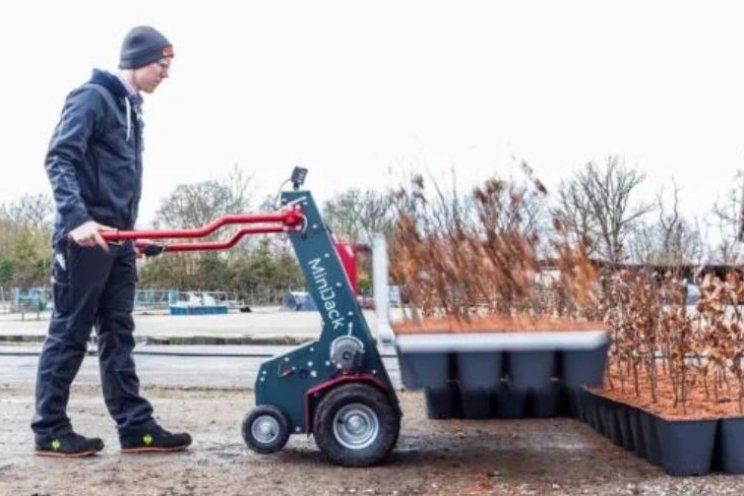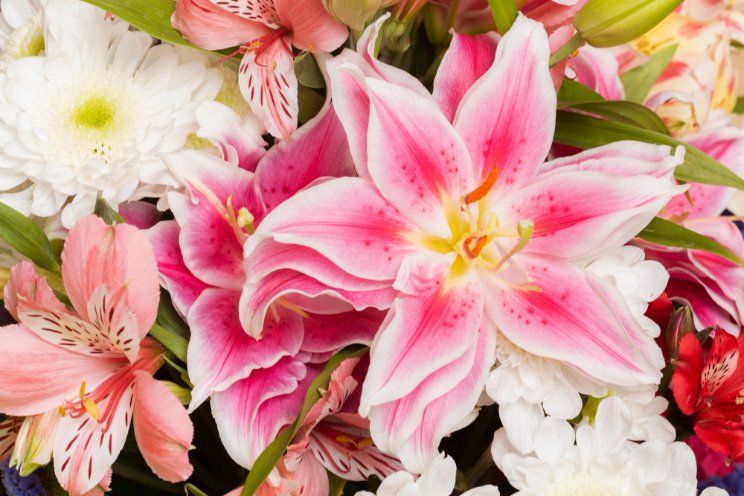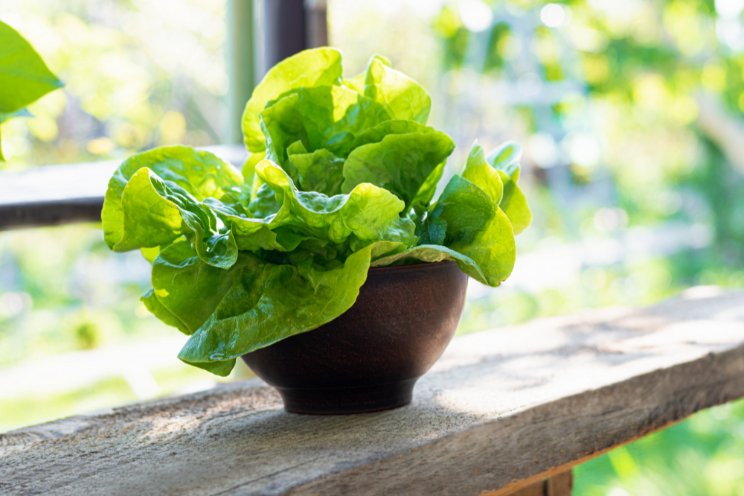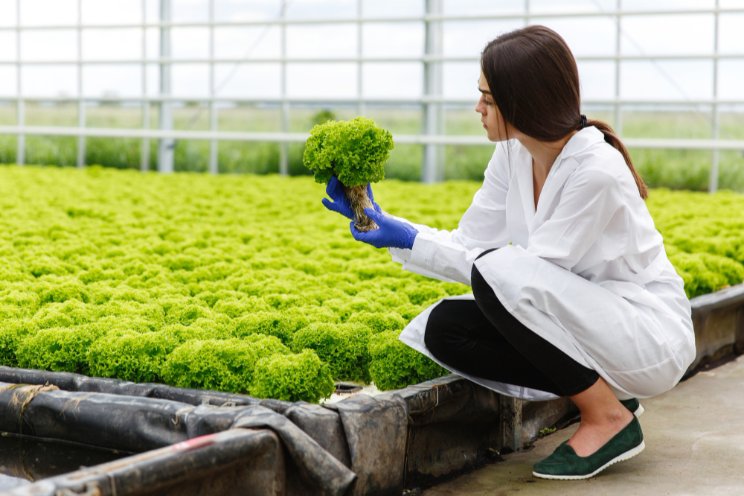APHIS modifies testing protocol for ralstonia solanacearum
Added on 28 September 2022
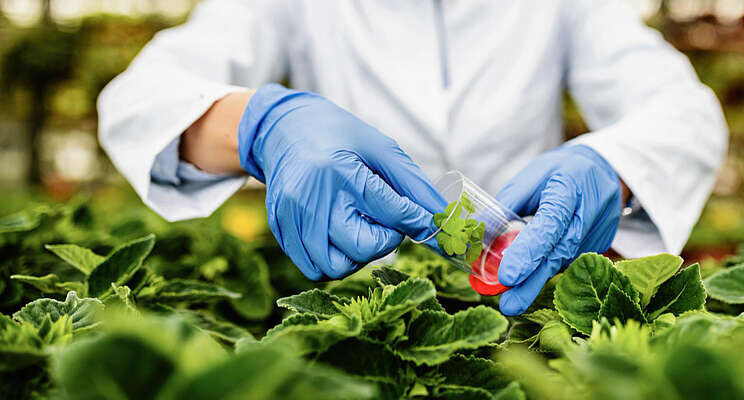
The United States Department of Agriculture's Animal and Plant Health Inspection Service (APHIS) began testing randomly selected imported Pelargonium (geranium) plant material on Sept. 27, 2021, for the bacterial pathogen Ralstonia solanacearum at Plant Protection and Quarantine's Plant Inspection Stations located at major ports of entry. On Sept. 26, 2022, APHIS will further refine the Pelargonium testing program by using a commercially available test for Ralstonia solanacearum, race 3, biovar 2.
Because plants and cuttings infected with Ralstonia solanacearum can remain asymptomatic for some time, visual inspection could miss infected plants. The technology used for this new testing is sensitive enough to detect Ralstonia solanacearum, race 3 biovar 2, in symptomatic and asymptomatic plants. The testing will add a powerful safeguarding measure to our rigorous offshore certification programs, which are designed to minimize a commodity's plant pest risk before it ships. It will also provide enhanced protection to the U.S. greenhouse industry and to several important agricultural crops, such as potatoes, tomatoes and eggplant, against this pathogen.
Continue reading.
Image by Drazen Zigic on Freepik
Source: Greenhouse Management
More news



